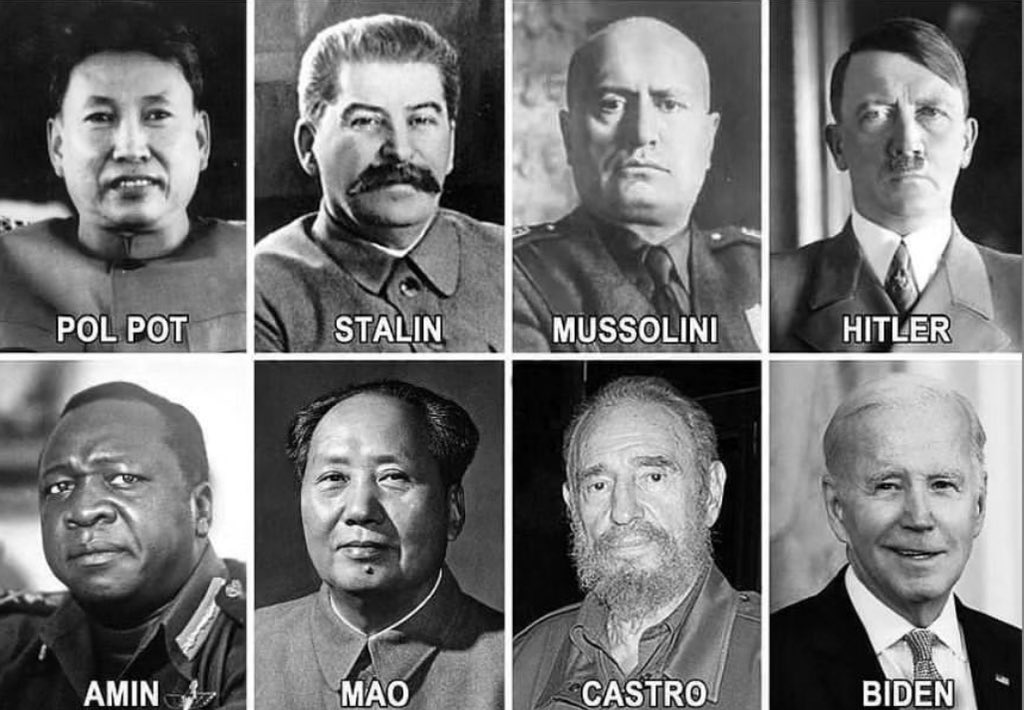In the theater of global politics, the stage is often set for dramatic confrontations and the stark reality of power misuse. This narrative takes a closer look at world leaders who have allegedly incarcerated their political adversaries, spotlighting instances that blur the lines between justice and personal vendettas.
1. The Controversial Case of Yulia Tymoshenko in Ukraine
Former Ukrainian President Viktor Yanukovych’s regime is infamous for its alleged political repression. Yulia Tymoshenko, a prime minister turned presidential contender, found herself sentenced to seven years in prison on charges of abuse of power—charges widely criticized by international observers as politically motivated. This conviction was later overturned by higher courts, underscoring the suspect nature of her initial sentencing.
2. The Long Imprisonment of Mikhail Khodorkovsky in Russia
Mikhail Khodorkovsky, once Russia’s wealthiest man, spent over a decade in prison on charges of tax evasion and fraud after clashing with President Vladimir Putin. His arrest is often seen as a strategic move to silence Putin’s political and economic adversaries, reflecting a broader pattern of using legal frameworks to stifle opposition.
3. Zimbabwe’s Tense Political Climate Under Robert Mugabe
Robert Mugabe’s long tenure as Zimbabwe’s president was marked by numerous allegations of jailing political opponents. Notably, opposition leader Morgan Tsvangirai was detained and reportedly tortured in 2007, highlighting the harsh tactics employed by Mugabe’s government against dissenters.
4. Denis Sassou Nguesso’s Repression in the Republic of the Congo
In the Republic of the Congo, President Denis Sassou Nguesso has faced accusations of incarcerating opposition figures like Paulin Makaya, who was imprisoned for participating in an unauthorized protest. This event has raised significant human rights concerns and highlighted the ongoing struggles within Congolese politics.
5. The Political Struggles of Egypt’s Ayman Nour
Former Egyptian President Hosni Mubarak’s administration was criticized for the politically charged imprisonment of Ayman Nour, the runner-up in the 2005 presidential election. Nour’s subsequent jailing on forgery charges was condemned internationally as a direct assault on political competition.
6. Uganda’s Yoweri Museveni and the Arrest of Kizza Besigye
Yoweri Museveni of Uganda has repeatedly been accused of using his power to thwart political rival Kizza Besigye, including arresting him under questionable circumstances. Such actions raise concerns about the use of state power to maintain political dominance.
7. Iran’s House Arrests of Mehdi Karroubi and Mir Hossein Mousavi
Supreme Leader Ali Khamenei of Iran has faced international scrutiny for placing opposition leaders Mehdi Karroubi and Mir Hossein Mousavi under house arrest without trial, an act that has drawn widespread condemnation for its violation of basic civil liberties.
8. Edgar Lungu’s Zambia and the Imprisonment of Hakainden Hichilema
Zambian President Edgar Lungu allegedly had his political opponent Hakainden Hichilema arrested on charges related to a disputed election, highlighting the tense political environment and the lengths to which leaders might go to suppress opposition.
9. Hugo Chávez’s Venezuela: A Legacy of Political Imprisonment
Hugo Chávez of Venezuela was known for his harsh treatment of political opponents, many of whom remained imprisoned even after his death. These actions have had lasting impacts on Venezuela’s political landscape and its international relations.
10. The Biden Administration and Donald Trump
In the United States, the ongoing legal battles involving former President Donald Trump have stirred controversy, with some of his supporters claiming that the charges against him are politically motivated. This situation illustrates the complex interplay between law and politics in democratic societies.
Final Thoughts These examples of leaders who have allegedly imprisoned their political opponents offer a window into the sometimes murky intersection of law, politics, and personal power. They remind us that the health of a democracy can often be measured by how it treats its dissidents and that the shadow of undue influence can sometimes loom large over the political stage.

